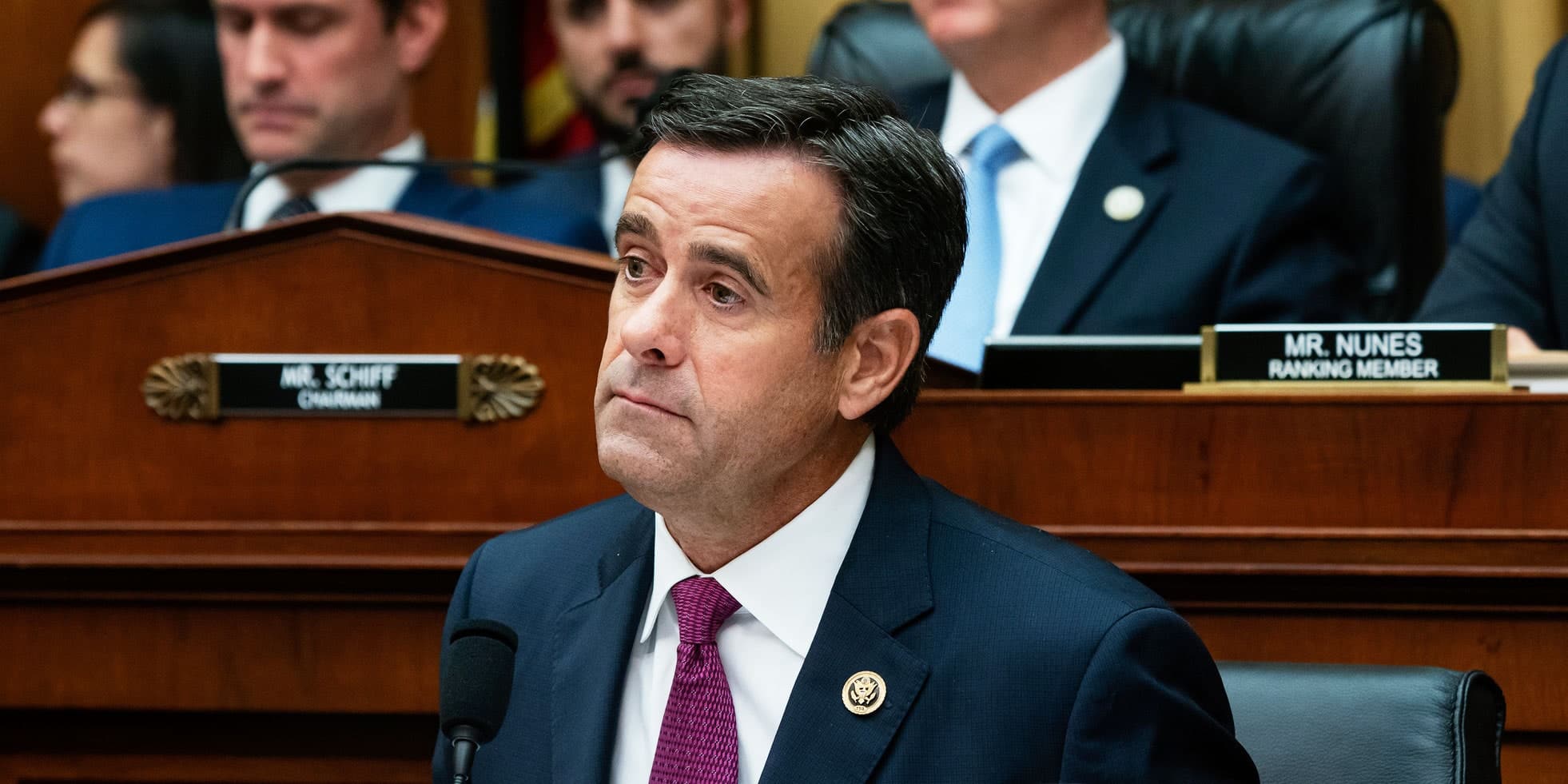John Ratcliffe, formerly a Representative for Texas’s 4th district and now the Director of National Intelligence signed a letter that was later obtained by outlets like the Washington Post, and the Washington Examiner.
The fist line of the letter read:
“from my unique vantage point as the individual who consumes all of the U.S. government’s most sensitive intelligence on the People’s Republic of China, I do not believe the majority view expressed by the Intelligence Community analysts fully and accurately reflects the scope of the Chinese government’s efforts to influence the 2020 U.S. federal elections.”
Ratcliffe went on to claim that information about interference from China was intentionally suppressed by the higher-ups at the CIA. He believes this discouraged analysts who supported the idea.
Ratcliffe went on to cite a report from Barry Zulauf (Analytic Ombudsman)
“The majority view expressed in this ICA with regard to China’s actions to influence the election fall short of the mark for several specific reasons.Â
Analytic Standard B requires the IC to maintain “independence of political considerations.” This is particularly important during times when the country is, as the Ombudsman wrote, “in a hyper partisan state.” However, the Ombudsman found that:
‘China analysts were hesitant to assess Chinese actions as undue influence or interference. These analysts appeared reluctant to have their analysis on China brought forward because they tend to disagree with the administration’s policies, saying in effect, I don’t want our intelligence used to support those policies. This behavior would constitute a violation of Analytic Standard B: Independence of Political Considerations (IRTPA Section 1019).”
Ratcliff alludes in his letter that political bias has penetrated the intelligence community. He contrasts how actions by Russia and China were communicated to policy makers and says:
“Similar actions by Russia and China are assessed and communicated to policymakers differently, potentially leading to the false impression that Russia sought to influence the election but China did not. This is inconsistent with Tradecraft Standard 1.”
We have seen the media repeatedly hit the president with a barrage of Russian election interference claims. On the Other hand we have heard very little about China. Perhaps this is why.


